Ten Questions for Lesley Wheeler
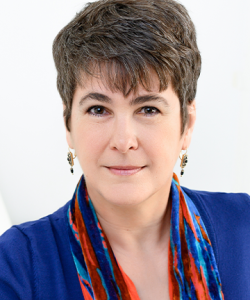
“This isn’t writer-stuff, it’s life-stuff that bears on the poems.” —Lesley Wheeler, author of Mycocosmic
Jump to navigation Skip to content
Articles from Poet & Writers Magazine include material from the print edition plus exclusive online-only material.

“This isn’t writer-stuff, it’s life-stuff that bears on the poems.” —Lesley Wheeler, author of Mycocosmic

“I had many beginnings and several endings, and I tried to arrange the poems in a way that might ask why that was.” —Austin Araujo, author of At the Park on the Edge of the Country

The transcription of Voca, an audiovisual archive of more than twelve thousand poetry recordings, makes literary history accessible to poets, critics, scholars, and the general public.

In response to publishers turning to artificial intelligence as a tool to expedite or replace the work of human translators, publishers and translators question whether machine-led translation can truly supersede a human touch.

The first lines of a dozen noteworthy books, including The Figure Going Imaginary by Marianne Boruch and Marginlands: A Journey Into India’s Vanishing Landscapes by Arati Kumar-Rao.

In the aftermath of the September 2024 hurricane, the literary community has banded together to support North Carolina residents trying to rebuild their lives and has provided hope in the long recovery process.
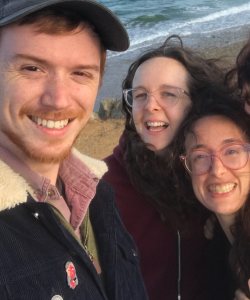
Tired of waiting for an acceptance? The ingredients for a magical retreat are readily available to all of us outside the strictures of a space someone else is hosting—and at the place, time, and budget of our choosing.
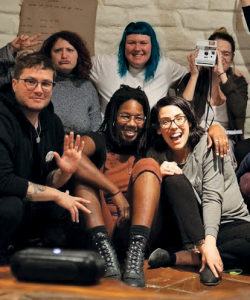
Gatherings like the Heart of It are part of a boom in writer-run retreats and workshops that serve as homegrown alternatives to established retreats, addressing a need for kinship, in-person community, and mentorship.

Residency programs at the homes of famous writers offer both the luxury of space and time to write and deep immersion into a literary hero’s everyday world, often providing newfound clarity and insight into ongoing work.

Drawing strength from traditions of moving across the land, a poet describes the joy and presence of mind that driving brings. Without the constant pull of screens, the road opens up an ideal space for creation.

Karen Russell’s second novel, The Antidote, published by Knopf in March, examines a dark chapter of America’s past, but not without hope for the future.
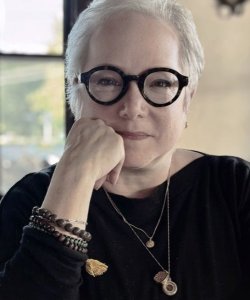
An excerpt from Permission: The New Memoirist and the Courage to Create by Elissa Altman, a compassionate, inspiring literary guide to transcend the fear and shame that can too often keep important stories from being written.

Originally an umbrella site for literary journals, this book publisher looks to the wider writing community for inspiration, camaraderie, and collaborators in the art that it makes and promotes.

The author of Joyriders highlights journals and platforms that have offered his short stories a home, including Alaska Quarterly Review and American Short Fiction.
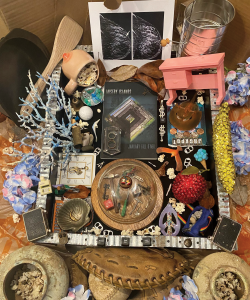
Flower Conroy’s elaborate three-dimensional installations, fashioned from found and crafted objects, masterfully evoke the spirit of each book the artist chooses and carefully communicate her reverence for literature.

Write a poem that uses the metaphor of a bridge to represent a complex family dynamic, a short story that reconceptualizes historical fiction, or a lyrical essay that reflects on the stages of returning to a former self.
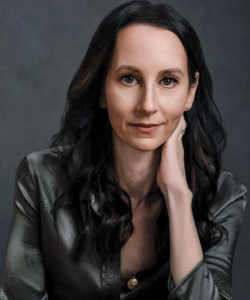
Books centering mothers are often lumped into one category by the publishing industry, flattening the nuanced and varied experiences of this group into a one-size-fits-all niche. A memoirist asks the industry to do better.

When you venture to inhabit identities and communities beyond your experience, seek people and places to ground your work. A journalist and novelist explains how research skills help fortify one’s imagined realities.
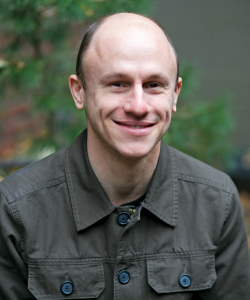
Freelancing doesn’t always guarantee freedom—making a living outside of the literary world empowers many artists with health insurance, energy to write, and relief from the worry of wondering about your next check.

Rosie Stewart, the new senior manager of public policy at Penguin Random House’s Intellectual Freedom Taskforce, shares some context for her new role, advice for those who want to get involved, and her hope for the future.

“Because the flip side of uncertainty is an invitation into mystery. And the reward for wading through mystery is transformation.” —Rebe Huntman, author of My Mother in Havana: A Memoir of Magic & Miracle.

Oral historian Nyssa Chow considers the nested memories she belongs to, and invites readers to do the same.
Writers share how they approach the writing life where they live, their personal points of view on the literary community (both small and large) and their place within it, and what resources are available to them as writers who don’t live in a metropolitan area.
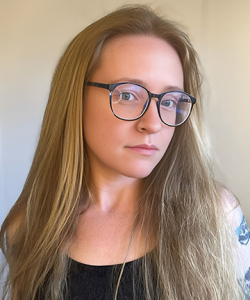
“Nothing makes a clunky sentence more obvious than saying it out loud.” —Margie Sarsfield, author of Beta Vulgaris

Oral historian Nyssa Chow considers how small routines and rituals tell larger stories.